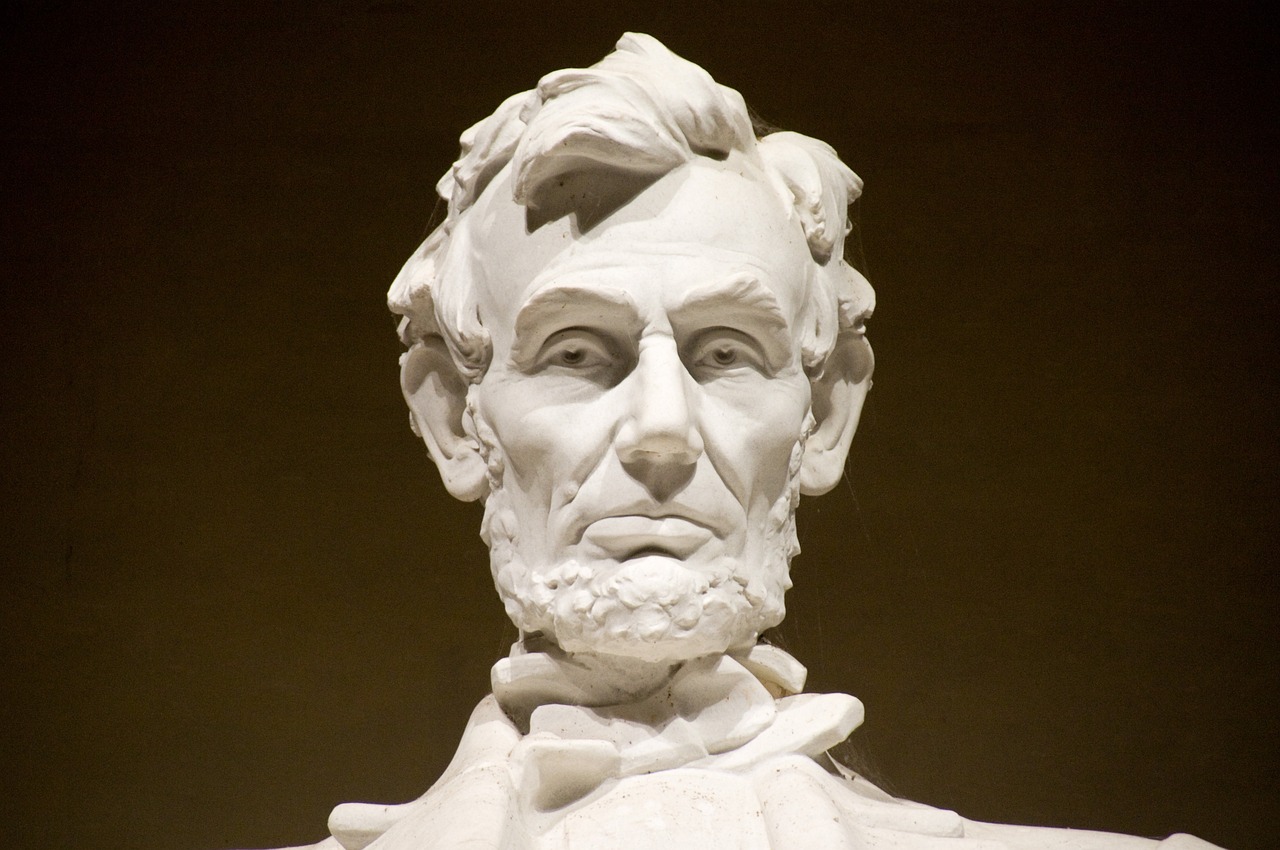Abraham Lincoln, born in a small log cabin in Kentucky, became a lawyer through self-guided learning and later took on the role of the nation’s leader. Despite facing numerous challenges throughout his time, he accepted his journey wholeheartedly. He started his professional path as a wrestler and then entered the world of politics. His strong opposition to slavery gained significant attention. Abraham Lincoln’s presidency marked a critical period in American history, highlighted by the profound impact of the Emancipation Proclamation and the Gettysburg Address. His leadership style was marked by qualities such as empathy, active listening, and a willingness to learn from constructive criticism.
Lincoln’s lasting legacy can be seen in his significant contributions to ending slavery, preserving the Union, and promoting ideas of equality and liberty for all. His encounters often revealed his unique insights and sense of humor. His enduring influence offers valuable lessons in perseverance, leadership, and the power of conviction. Moreover, his unwavering commitment to ideals serves as a guiding light for modern leaders.
The enduring impact of Lincoln’s legacy continues to inspire contemporary leaders. His steadfast dedication to values and the pursuit of equality remains a source of inspiration for today’s leaders. His relationship with Frederick Douglass, a significant figure during a pivotal era, evolved over time. Despite initial distrust, their connection transformed from skepticism to a nuanced understanding of each other’s positions and challenges. Both Lincoln and Douglass played essential roles in shaping discussions about slavery abolition, civil rights advancement, and the nation’s trajectory, leaving an indelible mark on American history.
Before becoming president, Abraham Lincoln was known for his wrestling skills. He won over 300 matches and was only defeated once by Hank Thompson during the Black Hawk War of 1832. His most famous wrestling story involves defeating Jack Armstrong, a local bully. This story, while not fully verified, highlights Lincoln’s physical strength and bravery. His wrestling prowess contributed to his development of resilience, crucial for his later roles as a lawyer, politician, and military leader.
His resilience was pivotal during the turbulent era of the United States. His leadership was marked by empathy, resilience, strategic thinking, and a steadfast commitment to ideals. These qualities had a lasting impact on the nation. Lincoln’s model of leadership is characterized by attributes such as visionary thinking, unshakable conviction, effective communication, empathy, humility, crisis management, inclusion, team-building skills, adaptability, resolve, perseverance, practical decision-making, and leading by example.
Both Abraham Lincoln and George Washington are notable figures in American history, shaping the nation’s growth and character. They guided the country through pivotal times like the Revolutionary War and the Civil War. They both emphasized civic virtue and public service, earning them the title “Father of His Country.” Their influence extended beyond their lifetimes, setting precedents for future presidents and shaping the role of the federal government. Their strong personal character earned them respect and admiration, and their influential leadership continues to inspire generations of Americans.
In conclusion, Abraham Lincoln’s leadership during a turbulent era demonstrated his exceptional qualities, including visionary thinking, effective communication, empathy, tenacity, and unwavering commitment to values. His enduring legacy inspires leaders worldwide, reflecting his ongoing influence. His visionary mindset, communication skills, empathy, and perseverance contribute to his lasting impact.

